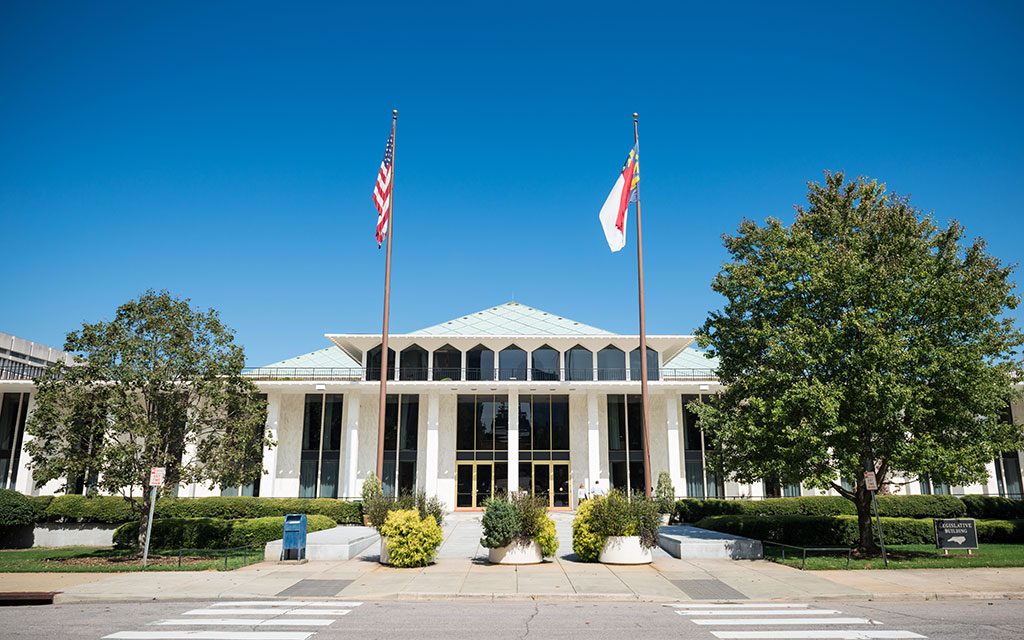RALEIGH A bill that proposed to strip North Carolina counties and municipalities of their authority to impose impact and other regulatory fees on new construction was scaled back by a House committee on Thursday.
The new version of the bill approved by the House Finance Committee would prevent local governments from raising or enacting new impact fees and orders the Legislative Research Committee to study the issue and propose new legislation next session. Rep. Graig Meyer, an Orange County Democrat, introduced the amendment.
“I think that impact fees are a good way to raise the money that’s needed to pay for infrastructure that comes with rapid development,” Meyer said. “I ran the amendment because I thought the amendment would give us time in the legislature to study and talk about impact fees and not rush a bill that would take away one of the counties and municipalities very few revenue tools.”
The primary sponsor of House Bill 436, Republican Rep. Sarah Stevens, an attorney from Mt. Airy, has said impact fees have imposed unfair costs on development, and that some counties have broader powers than others to charge them. Another bill she filed specifically takes away the ability of Orange County to impose impact fees for school construction.
The home building and real estate industries have long opposed impact fees. Orange County real estate agent Mark Zimmerman, chairman of the N.C. Realtors Association’s legislative committee, says Realtors think it’s unfair to target fees to new developments, partly because there is no way of predicting how they will affect the cost of services in the future.
But cities and towns in the Triangle have come to rely on development fees to help pay for roads, utilities and other public services that their growing communities need. Local officials say doing away with fees on development will shift the burden of growth on existing taxpayers.
“Personally, I think the only people that it serves are developers,” Cary Mayor Harold Weinbrecht said.
HB 436 targets by name Triangle towns Carrboro, Cary, Chapel Hill, Garner, Knightdale, Pittsboro, Raleigh, Rolesville, Wake Forest, Wendell and Zebulon, as well as Chatham and Orange counties – places the General Assembly has authorized to impose impact fees of some sort. Most of these authorizations date back to the 1980s, and all would have been repealed under the original bill.
The regional Triangle J Council of Governments has estimated the bill could cost the 11 Triangle communities $28.9 million each year. Cary said it would cost the town $11.5 million per year, which equates to a 5 cent property tax increase. And Chatham County would lose $4.5 million per year.
“Whatever you feel about impact fees, the problem is that money has already been budgeted and spent for the most part,” Rep. Robert Reives, a Democrat who represents Chatham and Lee counties. “They’ve already committed that money, and then to cut off impact fees this year with no warning, no anything, I think that was a drastic move.”

